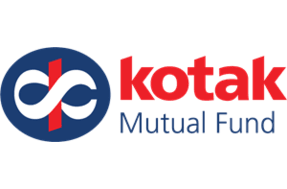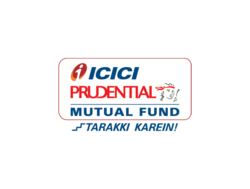A commodity market is a marketplace where investors trade several commodities like spices, energy, precious metals, crude oil within a country. In recent times, the Forward Market of Commissions allowed around 120 commodities to perform future trading within India. Investors who is focusing on diversifying their portfolio can invest in both perishable and non-perishable products. It will help all the investors face lesser risks and provide a boundary against the growing inflation rate in the country.
Hard commodities consist of natural resources that is mined or extracted. The hard commodities are classified into two categories:
1) Metals – Gold, Silver, Zinc, Copper, Platinum
2) Energy – Natural gas, Crude oil, gasoline, heating oil
Soft commodities refer to those commodities that are grown and cared for rather than extracted or mined. The soft commodities are classified into two categories:
1) Agriculture – Rice, Corn, Wheat, Cotton, Soybean, Coffee, Salt, Sugar
2) Livestock and meat – Feeder cattle, live cattle, Egg
India has 22 different commodity exchanges that have been formed under the Forward Markets Commission. There are 4 popular commodity exchanges for trading in India:
1) Indian Commodity Exchange (ICEX)
2) National Multi Commodity Exchange of India (NMCE)
3) Multi Commodity Exchange of India (MCX)
4) National Commodity and Derivative Exchange (NCDEX)
Investing in the commodities market has some advantages and disadvantages. Let us look at the advantages first:
Advantages
The performance of the commodity market is inverse as compared to the returns of stocks and bonds. Therefore, investing a small percentage of your funds into the commodities market is beneficial to several individuals.
It will help them achieve a high return on investment even if stock prices have a downward trend. This helps them to compensate for negative or lower profits generated mainly by the capital sector.
Compared to bond and stock market dealings, commodity brokers offer a lower margin in terms of trading.
It grants brokers to trade on borrowed funds that allow both the speculators and hedgers to profit from each transaction.
While commodity traders can benefit from bulk orders by promising repayment later, thus helping speculators to earn higher returns from such investments.
As per the economic and capital market conditions, specific goods are stable, while several commodities tend to remain volatile due to economic and capital market conditions.
A real example of commodities being volatile is crude oil. Its price does not remain stable due to large fluctuations in supply, mining problems, or economic conditions.
Stockholders invest in such commodities to book profit even there the trade is volatile and attain a long or short position as per their prediction towards the market.
Disadvantages
Commodity investments only aim to accumulate capital profit, whereas stock and bond markets have periodic payouts such as coupon, payments and dividend coupons.
However, real expertise is required in the commodity market to gain high returns. Individuals can trade via any established commodity exchange by registering with a particular commodity broker.
The commodity market is really volatile, and any changes in the demand or productive capacity can badly hurt the prices.
Due to such high volatility, the prices cannot remain stable, thus causing investors to lose high returns.
Hence individual dealing in the commodity market should be well versed with internal and external factors such as the internal working of the company or international trade before selecting to trade in commodities.
Also, an individual must keep the supply and demand patterns to lessen the further risk.
Give shape to your investments with our powerful tools & invest now.

Prioritize your financial goals with a customized financial plan!

















A commodity market is a marketplace where investors trade several commodities like spices, energy, precious metals, crude oil within a country.
Speculators are traders in the commodity market that continuously check the price of commodities and tell the future price movement.
Cras penatibus tempus proin sagittis congue. Tempor sociosqu aliquet orci lacinia dolor eleifend interdum proin phasellus volutpat imperdiet. Accumsan ut aptent nun
Hedgers are normally manufacturers and producers who protect themselves from the risk by using the commodity futures market.
c faucibus ipsum platea ex orci elementum conubia.
There are 4 popular commodity exchanges for trading in India:
1) Indian Commodity Exchange (ICEX)
2) National Multi Commodity Exchange of India (NMCE)
3) Multi Commodity Exchange of India (MCX)
4) National Commodity and Derivative Exchange (NCDEX)
There are two types of commodities in the market; hard and soft commodities. Hard commodities consist of natural resources that is mined or extracted. While, soft commodities refer to those commodities that are grown and cared for rather than extracted or mined.
Schedule If You Want To Have a Tailor-Made Customized Plane.


Made with ❤️ Fadwrap